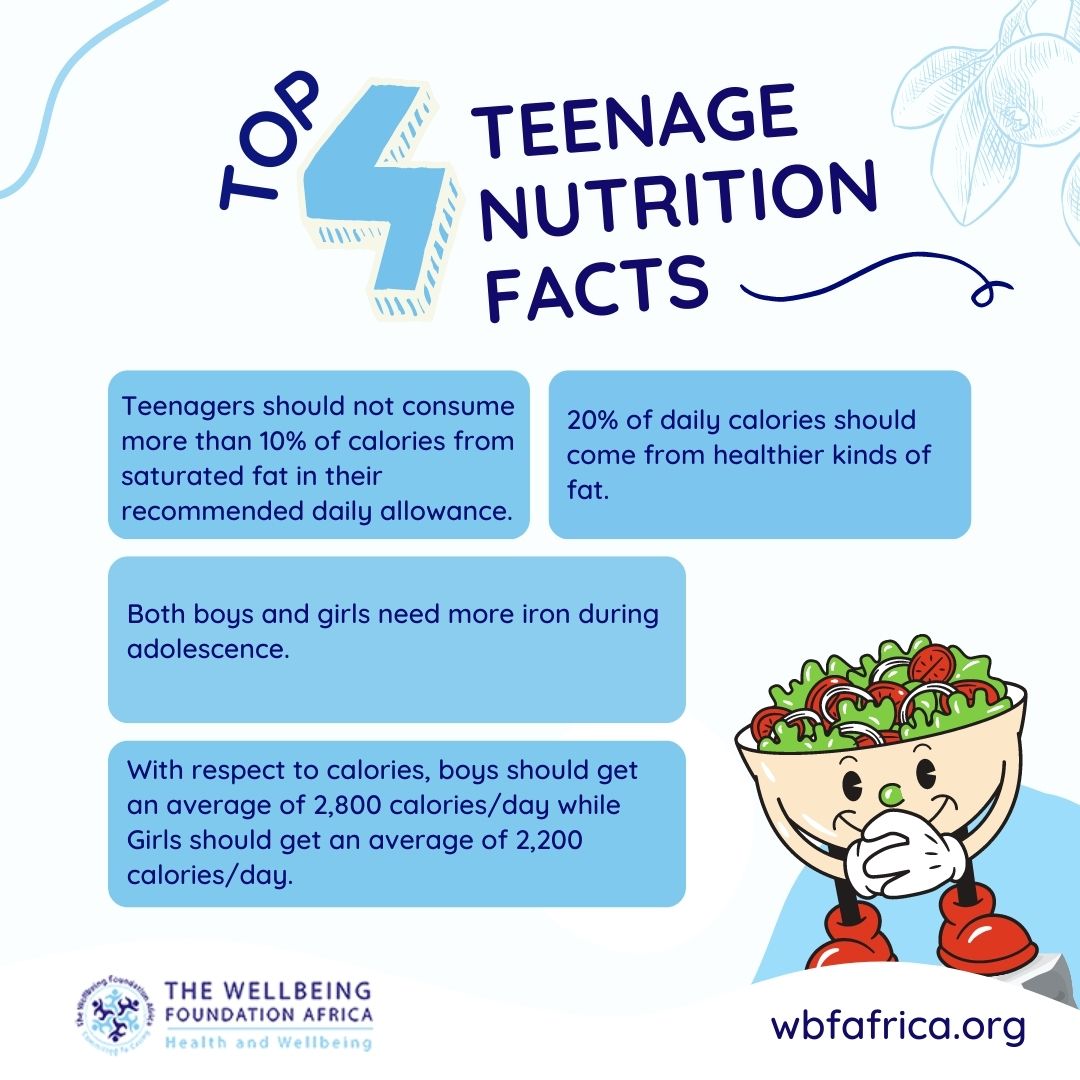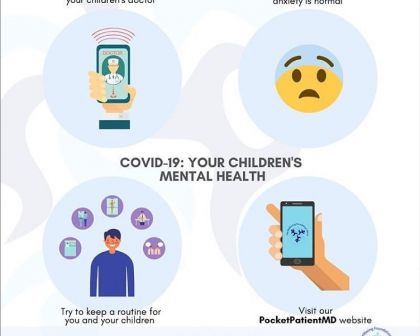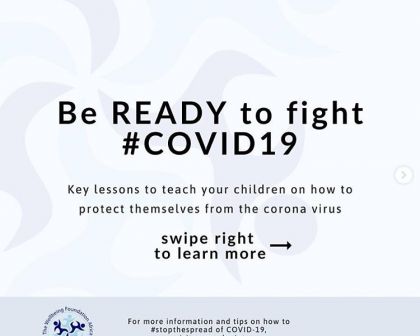
What Do Teenagers Need to Eat to Be Healthy?
As a teenager, your body is going through many physical changes – changes that need to be supported by a healthy, balanced diet.
To ensure you are consuming the right nutrition, it is important for parents and #teenagers to work together to create meal plans that provide them with all-important nutrients that ensure their proper growth

With respect to calorie intake, boys should get an average of 2,800 calories/day while Girls should get an average of 2,200 calories/day. Protein, Carbohydrates, Dietary fat, Calcium, Iron, Zinc, and Vitamins are essential for a growing teenager.
Dietary fat is divided into three categories:
1. Monounsaturated Fat (the healthiest kind of fat),
2. Polyunsaturated Fat
3. Saturated Fat (should be consumed in moderation)
Teenagers should not consume more than 10% of calories from saturated fat in their Recommended Daily Allowance (RDA), whereas the remaining 20% of daily calories should come from healthier kinds of fat. Both boys and girls need more iron during adolescence.
If you often feel run down, you may be low on iron. Boys require a higher iron intake because they put on muscle mass that requires greater blood volume while girls need iron because they lose a lot of it during their menstrual cycles.
Here Are Some Tips To Help You Eat Better:
Don’t Skip Breakfast
Skipping meals, especially breakfast is counterproductive because you miss out on a good opportunity to get energy-boosting carbohydrates from foods to give you a good start for the day. whole-grain bread, oatmeal, and fruit. Eating a nutritious breakfast improves brain function and concentration which are important for curricula and extra- curricula activities.
Consume healthier Snack Ideas
Cut down on food and drinks high in fat, sugar, and salt, such as sweets, chocolate bars, cakes, biscuits, sugary fizzy drinks, and crisps. Consuming too many calories beyond your recommended daily allowance can lead to weight gain and becoming overweight.
Stay Hydrated
Aim to drink six to eight glasses of fluids a day – water and lower-fat milk are all healthy choices. Try to drink no more than one glass (about 150ml) of fruit juice or smoothie each day.
Vitamin C
Vitamin C is also known as Ascorbic Acid and has several important functions. It helps to protect body cells and keep them healthy including accelerating wound healing. You can enhance your body’s absorption of iron by taking a variety of foods rich in Vitamin C while you eat high iron foods. Vitamin C cannot be stored in the body so it is important it is included every day in your diet.
Good sources of vitamin C are:
- Citrus fruits – Lemon, grapes, Tangerine, lime, oranges, etc
- Avocado
- Red and green pepper
- African pear (Ube)
- Agbalumo
- Mangoes
- Corn
- Dates
- Apples
- Jute leaves (Ewedu)
Calcium
Calcium helps to build strong bones and teeth. Good sources of calcium include milk and other dairy products, and leafy green vegetables.
Fad Diets
Diets that promise quick weight loss are often not nutritionally balanced, this means you could miss out on important vitamins and minerals. They also tend to focus on short-term results, so you end up putting the weight back on.
Eating Disorders
Does eating make you feel anxious, guilty, or upset? An eating disorder is a condition that should be addressed with professional help and should not be dealt with on your own. Talk about it with someone you trust.
With adequate vitamins and other key nutrients in a teen’s diet, you are well nourished to meet your nutritional needs and are energized to learn, grow and achieve your goals
Share this Article












